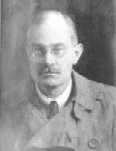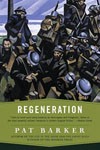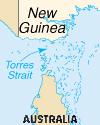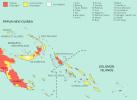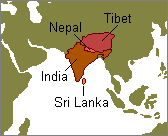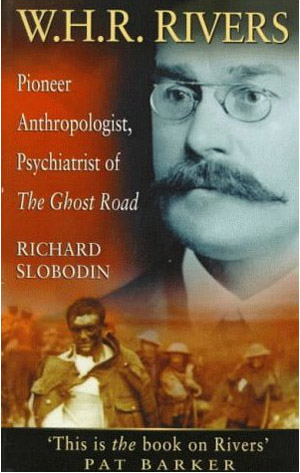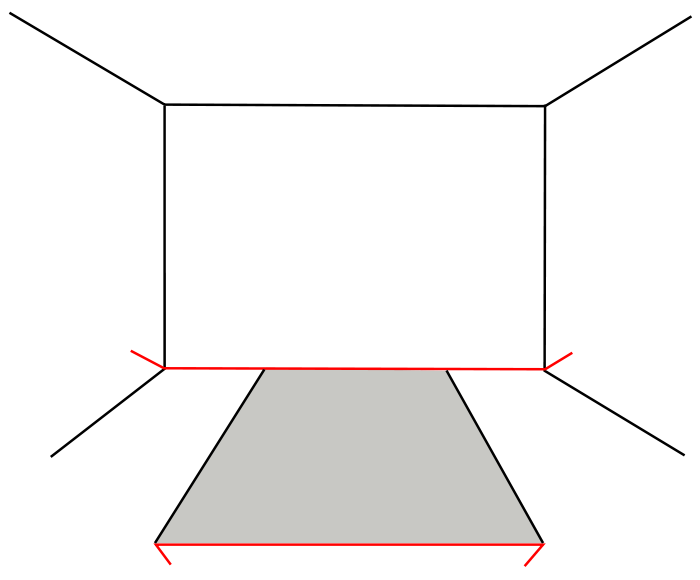-
- describes the two groups by which all Toda clans (15) are divided
- among the Todas
(India)
= Tharthar and Teivali
-
-
-
- Rivers was most proud of The History of Melanesian Society,
2 Vols. (1914 Cambridge University Press; Reprinted,
Humanities Press, 1968)
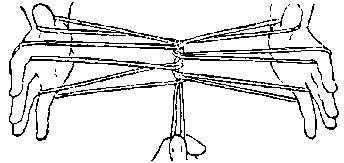
-
-
-
- Spindler G. 1955. Sociocultural and Psychological
Processes in Menomini Acculturation. Berkeley: Univ. Calif. Press.
- Spindler L. 1962. Menomini Women and Culture Change:
Memoir 91. Menasha, WI: Am. Anthropol. Assoc.
-
- -- Somalians
-
-
- the Toda practice "adelphic," or "fraternal,"
polyandry
- the "bow and arrow ceremony"
- pater (sociological father) vs. genitor
(biological father)
- Rivers thought it was a "survival" from
the past
- dairy shrines were run by dairymen who were also priests "dairymen
priests"
- Rivers recognized that these highly ritualized buffalo
cults were also a religion
-
-
- notions of "purity" dominate their lives
- Rivers' work among the Toda never really involved a "total
immersion" in their culture
- Rivers, among the Todas, was an observer
- he felt no need to participate
- he was never far from "his own kind of people"
Sites:
- Murray
Island, Torres Straits (off the southern coast of New
Guinea; Papuans)
- Egypt
-
- brought with him instruments to measure visual acuity
and spacial and color perception
- specific
dimensions of color
- RGB: red / green
/ blue
- HSV: hue / saturation
/ value
- hue
- kind of color
- tells where along the spectrum the color lies
- saturation / chroma
- the amount of color
- how pure
the color is
- strong / washed out
- value / lightness
- how bright
the color is
- the amount
of white that is mixed in
with the color
- Melanesia
(cultural "area")
- India (Todas)
Individuals:
- Sir
James Frazer
- Alfred Cort Haddon
- Sir
Edmund Leach
- "Without Rivers what came after 1922 would not have been
possible."
- Culture and Personality studies are devided into two parts,
"those which came before Rivers, and those which came
after."
- "He represents a landmark in the sense that
if you came behind Rivers there is one kind of science,
and if you came after, there is another."
- Rivers thought of the Toda's "giving of the bow"
as a "survival" from the past
- Grafton Elliot
Smith (1871-1937)
- developed the theory of diffusionism which saw Egypt as the
source of all civilization
References and Resources:
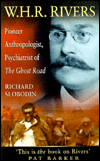
The poem on kinship in the video, said to be written by
C. E. Fox, missionary and ethnographer friend of Rivers, appears
on pp. 43-44 of the Sutton revised 1997 edition (Sutton Publishing,
Ltd., Gloucestershire, England).
Anthropological
Thoughts
The
Doctor took his book in hand
His pen was in his finger
His foot was on a foreign strand --
But there I need not linger.
"Now how," said he, "if I may ask
About your cousin's mother
Would she attempt the simple
task
Of speaking of your brother?
Ah yes, just so, ut if she were
Your mother's uncle's sister
How would your cousin's sister's aunt
Address her when she kissed her?
Yes that's a point I meant to add
Your nephew's cousin's father
If he an uncle's sister had
(And neither of the two were mad)
Would he respect her rather?
But if your father's cousin's niece
(His brother's cousin's mother)
Were married to your father's son
Would he be called your brother?
Indeed, now this if it be so
Is very interesting
And really should not be I think
The subject of your jesting.
For if your father's mother's son
Were nephew to your mother
I really cannot understand
Why she should call him "brother."
Alas, Alas, for just before
The doctor's mind could grip her
A shout of laughter issued from
The Cabin of the Skipper.
(Haddon
Envelope 12051)
|
- Kinship
and Social Organization: An Interactive Tutorial --
Brian Schwimmer
- A
Select Bibliography of Sources on Torres Strait --
Professor Clive Moore
- THE
TODAS -- W. H. R. RIVERS

|

